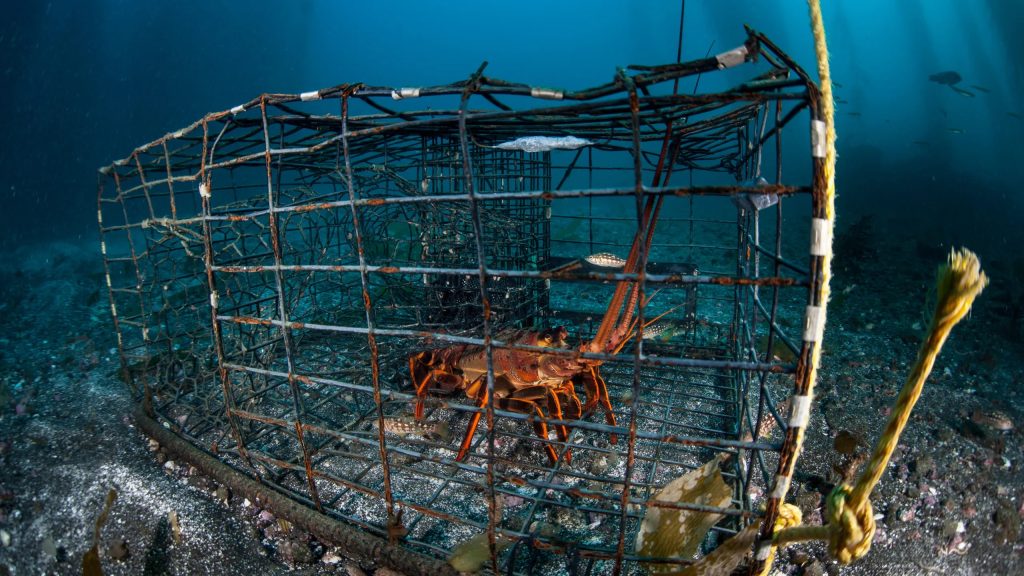The Department of Agriculture and Fisheries, led by Director Theodore James, has announced updated closed seasons for key marine species, including lobsters, conchs, and whelks.
The new dates are legally binding under the Fisheries Regulations, 2003, and are set to protect marine biodiversity and promote sustainable fishing practices.
The specific closed seasons for 2024 are as follows:
- Lobster (Panulirus argus): July 31 to October 31
- Conch (Strombus gigas): August 15 to October 31
- Whelk (Cittarium pica): August 15 to October 31
These updates are a temporary modification to the usual closed seasons, as outlined in Regulation 26 of the Fisheries Regulations, 2003, which typically runs from March 1 to June 30 for lobsters and from June 1 to September 30 for conchs and whelks.
In a recent statement, Mr. James emphasized the importance of these measures: “By implementing closed seasons, we are safeguarding the future of our marine ecosystems and ensuring that generations to come can continue to benefit from the abundance of our seas. These regulations promote responsible fishing practices, prevent overfishing, and support long-term sustainability in our fisheries sector.”
The adjustments for 2024 reflect a strategic move to better align the protection periods with the reproductive cycles of these species, thereby supporting their populations’ recovery and sustainability. Mr. James noted the critical role of these regulations in maintaining healthy stock levels, particularly in small island developing states, which rely heavily on fisheries for food security and economic stability.
Furthermore, while the regulations initially imposed restrictions on the sale and possession of these marine species during their closed seasons, amendments made in 2011 now focus primarily on fishers. This change permits supermarkets, restaurants, and other food establishments to sell and possess these products, provided they are obtained in sustainable quantities to meet consumer demand without exacerbating pressure on marine resources.
The Department of Agriculture and Fisheries urges all fishers and stakeholders to adhere to these regulations strictly. Non-compliance could lead to significant penalties, given the critical nature of these measures for marine conservation.


